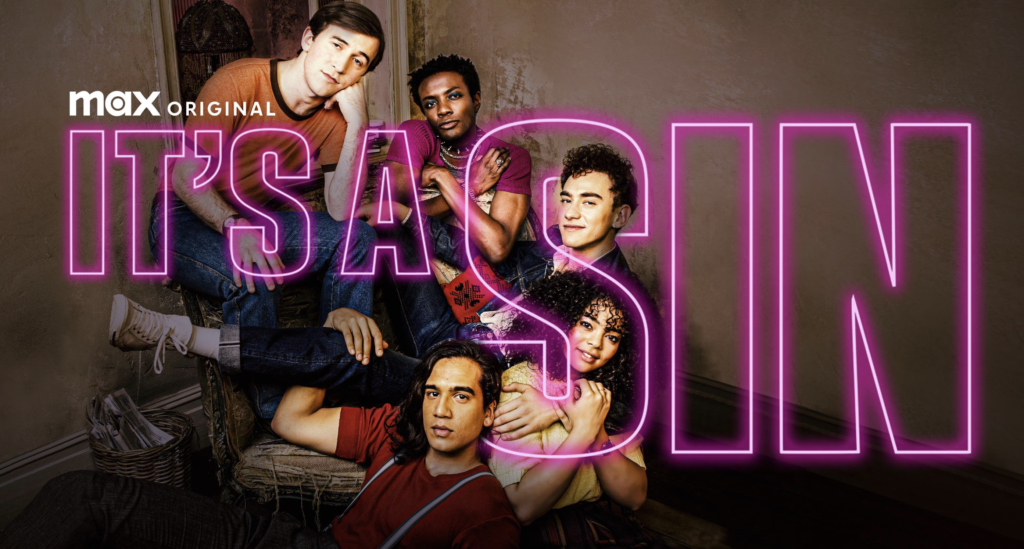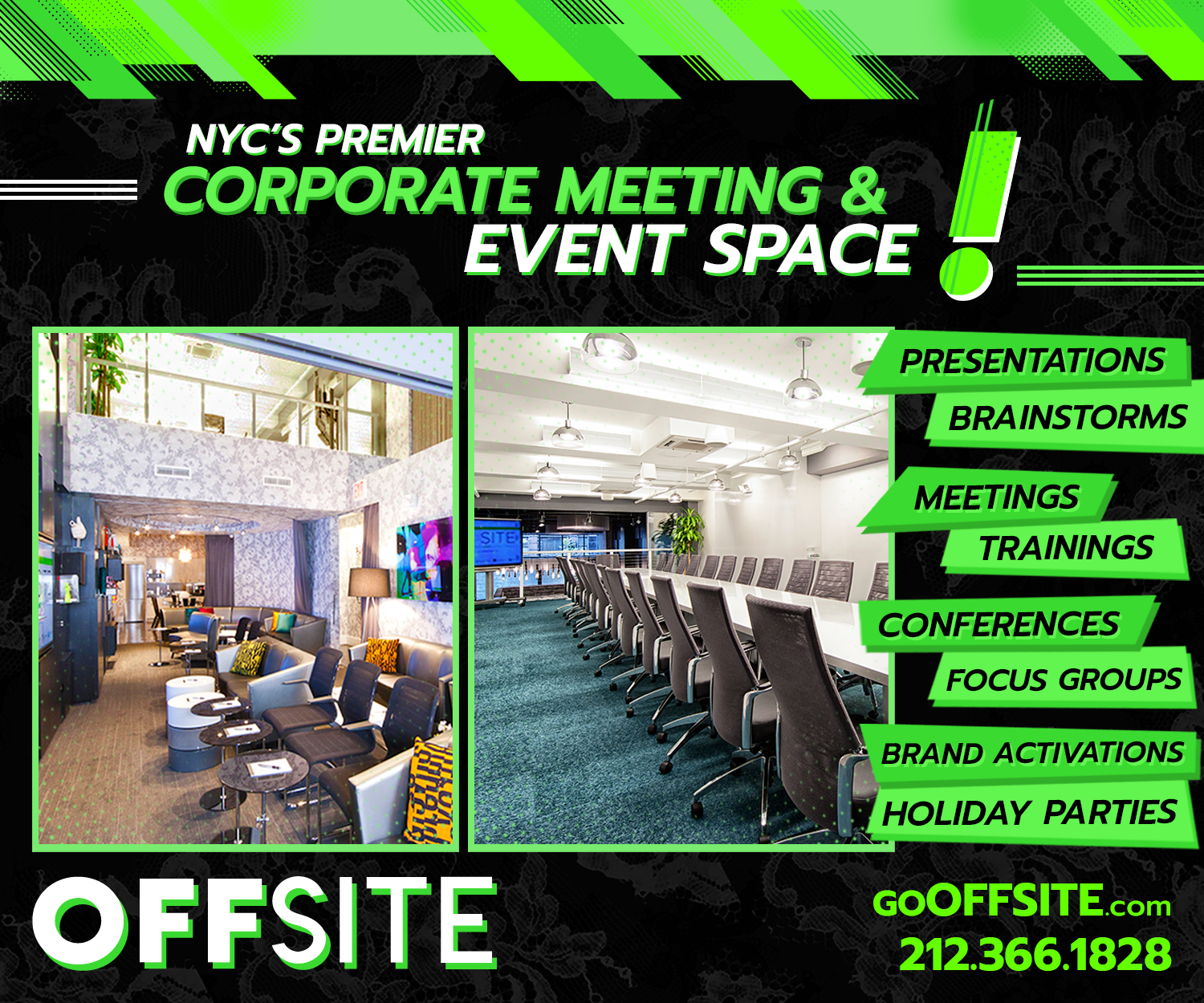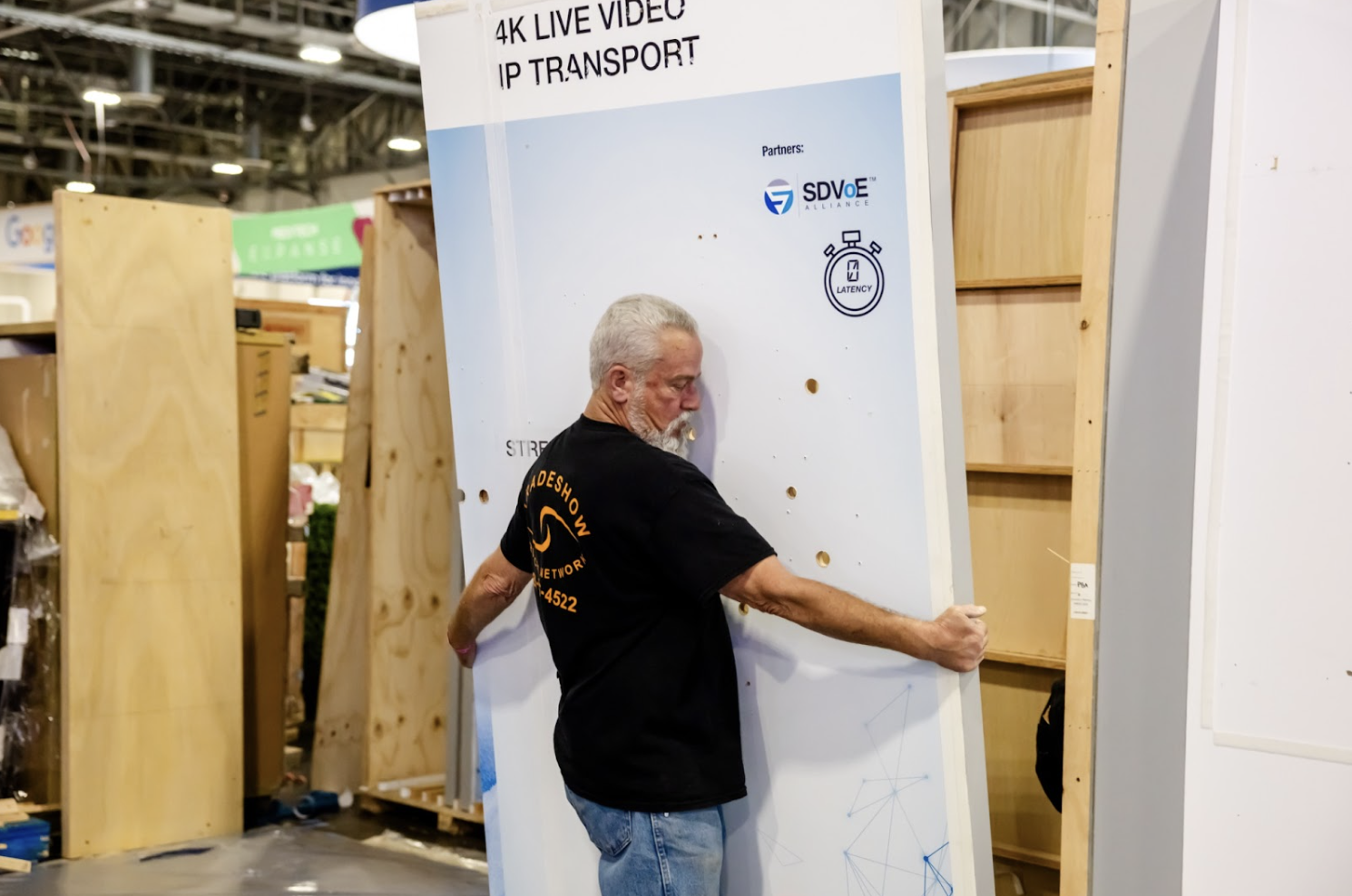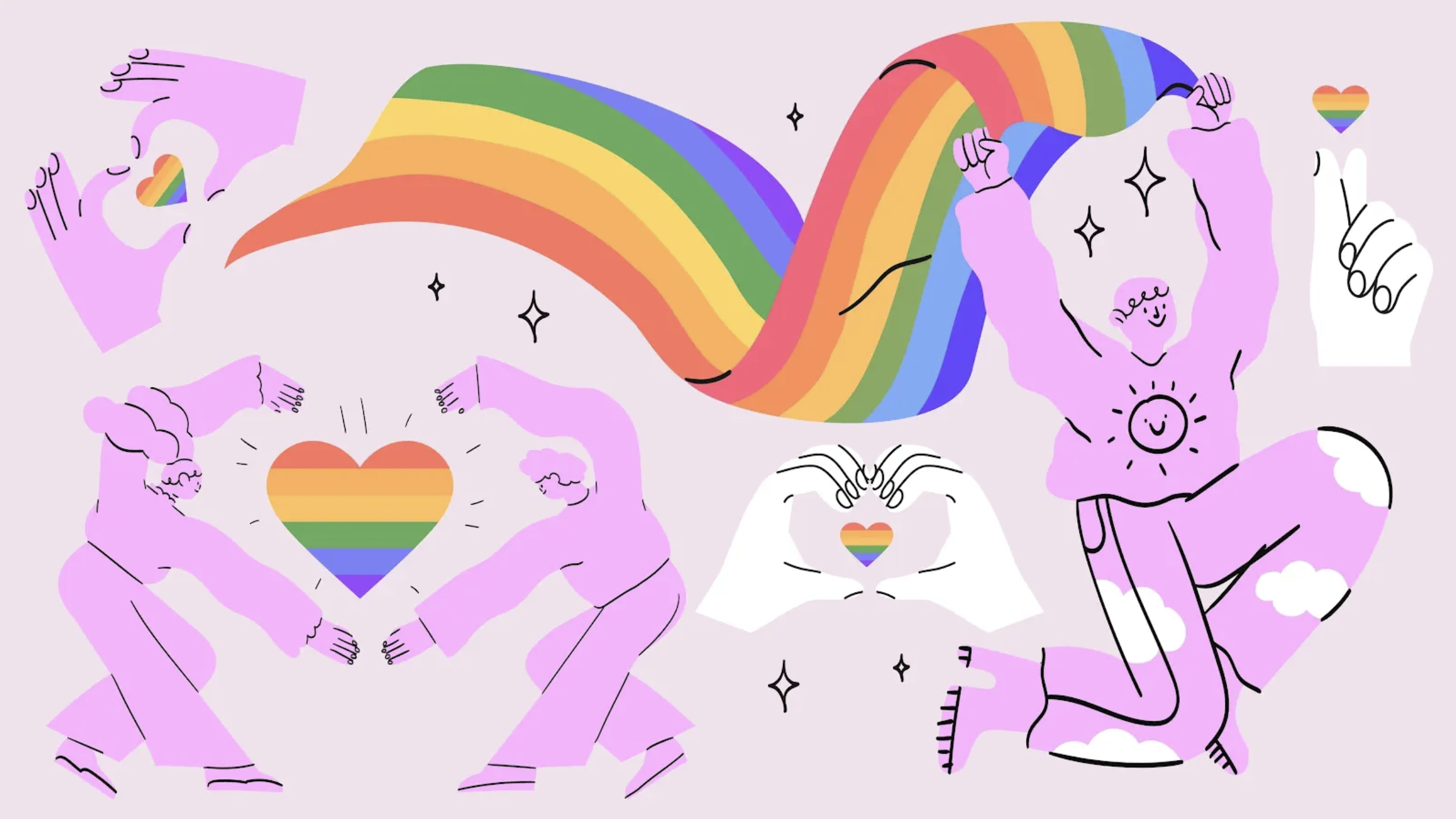Kate Wolff has spent the entirety of her career pushing the boundaries—the better part of a decade climbing the ladder at renowned creative agencies before launching her own, Lupine Creative, in 2020.

The firm’s tagline is that it works to “lead brands to culture.” When asked for examples of how Lupine has done just that over the years, Wolff said multiple times: “Well it wasn’t part of our brief to do anything philanthropic.”
And yet, Lupine always finds a way to infuse “a good element in everything we do.” Don’t get it twisted, though, Wolff and her team aren’t “going rogue,” she clarified, but rather “showing people that they can do what’s right.”
“I’m not just doing anything I want with other people’s money. I am being very careful and giving them the option to say ‘no’ always.” Lupine’s social media campaign partnership to promote HBO Max’s It’s A Sin remains one of most impactful examples of what Wolff calls her LA-based firm’s “special sauce.”
“It’s A Sin is obviously about queerness, so we wanted to find a way to really highlight that,” Wolff explained of the 2021 project—among Lupine’s first major partnerships. “We were briefed on the project at the end of 2020 and it went live in the beginning of 2021. We were still in lockdown, so there were clear parallels between the pandemic that was happening in that time frame and the AIDS epidemic, which wasn’t called a pandemic because it just affected a marginalized community,” Wolff explained. “So it gave people outside of the queer space—for the first time ever—a lens to look at that and go, ‘Oh, what happened there was wrong.’”
She continued: “And so I knew, but lots of people found out that there are organizations that are still fighting rhetoric around AIDS, like the Prevention Access Campaign [and its initiative U = U], so we, so we partnered with them. […] We just searched out all the misinformation that was given in the ‘80s and ‘90s about AIDS specifically, and how they were classifying it as a gay disease, which was designed to make people not care about it.”
Lupine then tapped influencers to help promote It’s A Sin, asking them to post an in-feed of the series’ show card. Lupine had told them, “We’re not going to pay you, but we’ll give $1,000 to U = U. That was it,” Wolff described of the effort. In all, 70 influencers participated—and not just any influencers, but Elton John, Billy Porter and pop duo Tegan and Sara.
“This wasn’t part of our brief,” Wolff said, but it didn’t cost HBO Max any extra money, and it “extended it [the campaign] even further.” To make things even better, when people talk about It’s A Sin, they’re now also “ending up talking about U = U.”
And when it came to merchandise for the promo, rather than paying a company to produce fast fashion, Lupine tapped New York-based Latina artist Kamille OG Ejerta, known on social media as OGMillie. She “made these amazing custom jackets—this really exclusive line of merch,” Wolff described. “You can see by every single instance outside of our fee, every dollar was put towards a marginalized company or person.”
For other event professionals looking to push the boundaries: Think about “selling the gist” during the pitching process, Wolff advised. Then after finding out how much money a client has to spend, “start to internally figure out ways to strengthen it.” But how? Allow ideas to push through from the bottom up, according to Wolff. “Actually, the people that have the most time are the younger people in their career. It’s spending a little bit of extra time to say, ‘Hey, I know we always use this vendor, but I found these other five vendors. Should we talk to them?’”
Wolff laughed as she admitted to Vendelux that she thinks of tapping the younger members of her team as “outsourcing cool.” But after doing so—don’t forget to track where every dollar goes throughout the process, Wolff noted.
It’s in these figures that ROI speaks for itself. For instance, during another one of Lupine’s projects with Spotify to promote the streaming giant’s GLOW initiative—which helps upcoming LGBTQ+ artists launch their careers—88% of the budget went directly to that community.
Aside from using these stats to prove ROI to clients, “we track where the money goes because I want to know where we’re actually making an impact,” Wolff said. It’s also about Lupine’s mission that “the joy shouldn’t feel this ephemeral. It should be long-lasting, and there are ways to do that just by doing good in different places of the work.”
Such a strong sense of culture has shifted the kinds of projects Lupine attracts these days—and has led to average annual revenue ringing in at $10 million. In its early days, most of the projects surrounded LGBTQ+ initiatives; “now, less than 5% of the work we do at Lupine is directly queer,” Wolff said. Still, approximately 30% of Lupine’s team considers themselves to be queer, as “queerness still affects everything we do,” added Wolff, who’s also the co-founder and co-chair of Do the WerQ, a marketing service that amplifies queer creativity.
And true to her form, Wolff also co-founded LumiCup in 2021, an aluminum cup brand that’s designed to be recycled and address the swath of single-use plastic cups affecting the planet. “I spent my entire career making things: advertising campaigns, messaging platforms, actual physical platforms, physical stages. I like making stuff, and I realized I could make stuff that weren’t instances. I could make assets,” she said of the process of launching LumiCup.
A parting thought to conclude: “Stop counting the hours of which logged, start counting the success of which you hit.”
Editor’s Note: Parts of Wolff’s interview have been edited and condensed for brevity and clarity.




